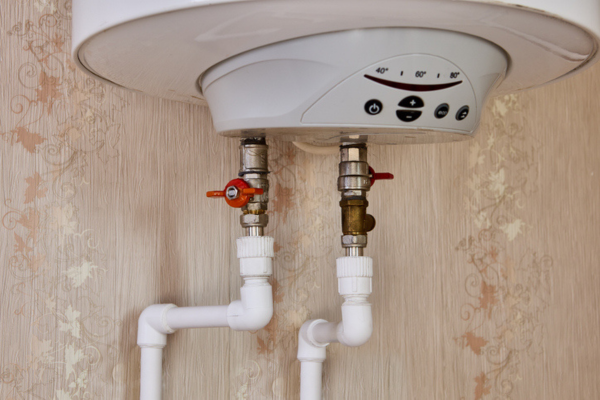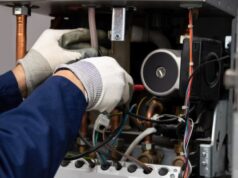
Hard water contains high levels of dissolved minerals, primarily calcium and magnesium salts. These minerals are naturally present in soil and rock deposits that water traverses, and they cannot be removed by standard filtration methods. Over time, hard water can lead to limescale deposits in pipes and hot water systems, causing blockages and reducing efficiency.
Hard water across Australia
The hardness of water varies significantly across different regions in Australia. For instance, Adelaide has notably hard water, while other cities like Melbourne and Hobart have softer water supplies. This variation can impact plumbing systems and appliances differently depending on the local water hardness.
Bore water considerations
Bore water is a crucial resource in many rural and remote areas of Australia, especially where rainfall is unreliable. However, bore water often has higher hardness levels and may contain additional contaminants such as iron and hydrogen sulphide. These elements can cause staining, unpleasant odours, and accelerate the degradation of plumbing systems if not properly managed.
Implications for plumbing systems
The presence of hard water and bore water can lead to several issues:
- Limescale build-up: Accumulation of mineral deposits can clog pipes and reduce the efficiency of heating elements in hot water systems.
- Sediment accumulation: Fine particles can settle at the bottom of tanks, potentially causing overheating and damage to the tank’s protective lining.
- Corrosion: Aggressive water can corrode pipes and fixtures, leading to leaks and system failures.
Treatment and prevention
To mitigate the effects of hard and bore water:
- Water softeners: Installing water softeners can reduce mineral content, preventing limescale build-up and extending the lifespan of plumbing systems.
- Regular maintenance: Flushing hot water systems periodically and inspecting for sediment accumulation can help maintain system efficiency.
- Alternative materials: Using corrosion-resistant materials for pipes and fixtures can reduce the risk of damage from aggressive water.
While bore water is an invaluable resource in many parts of Australia, its hardness and potential contaminants require careful management. Implementing appropriate treatment solutions and regular maintenance can safeguard plumbing systems and ensure a reliable water supply.





